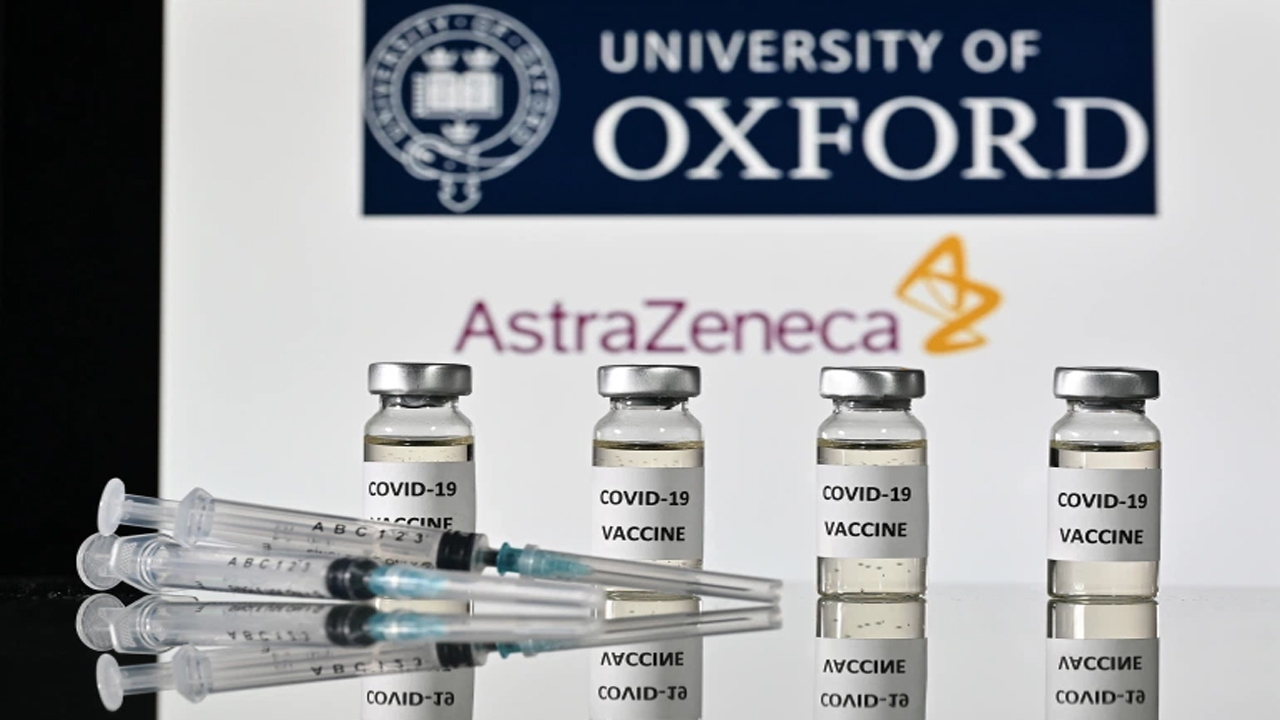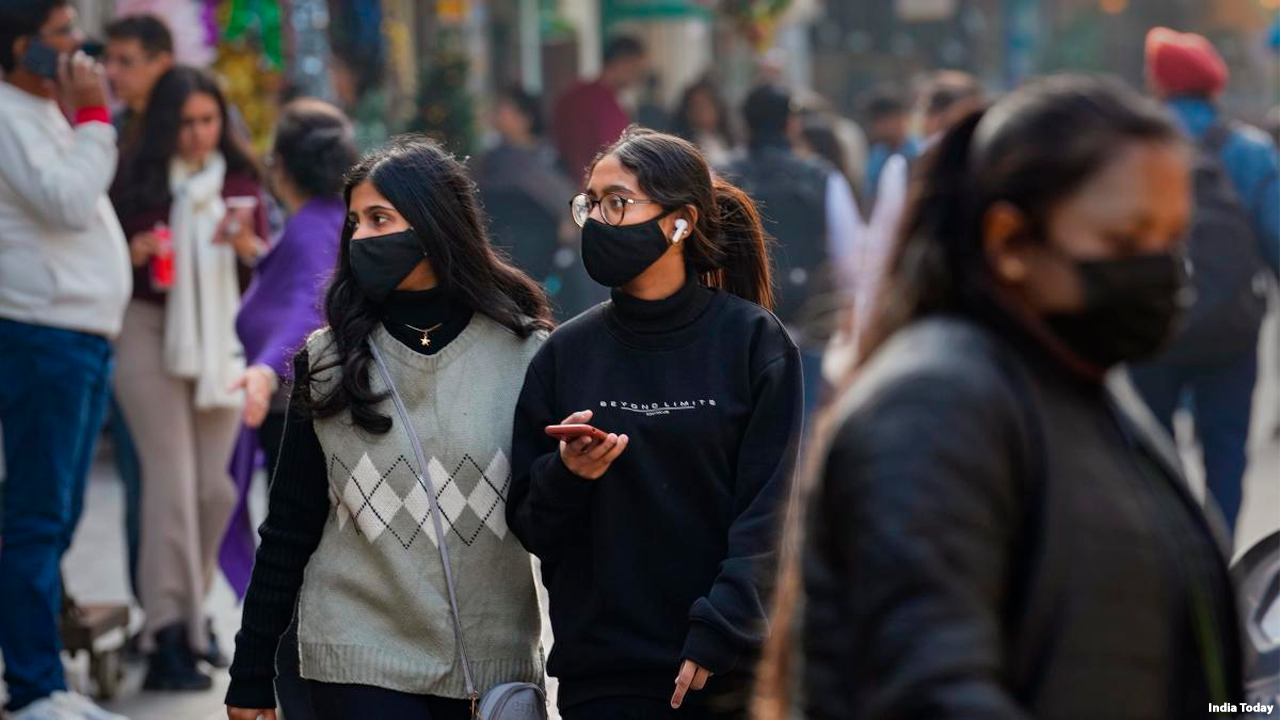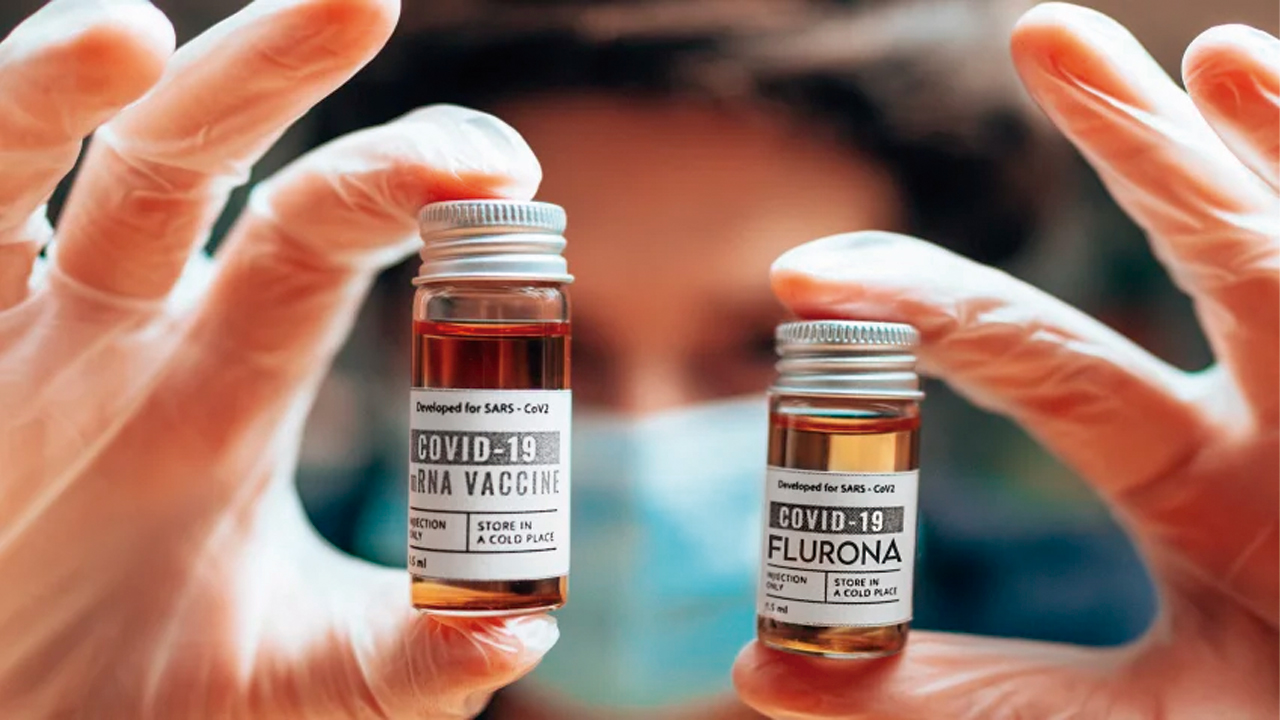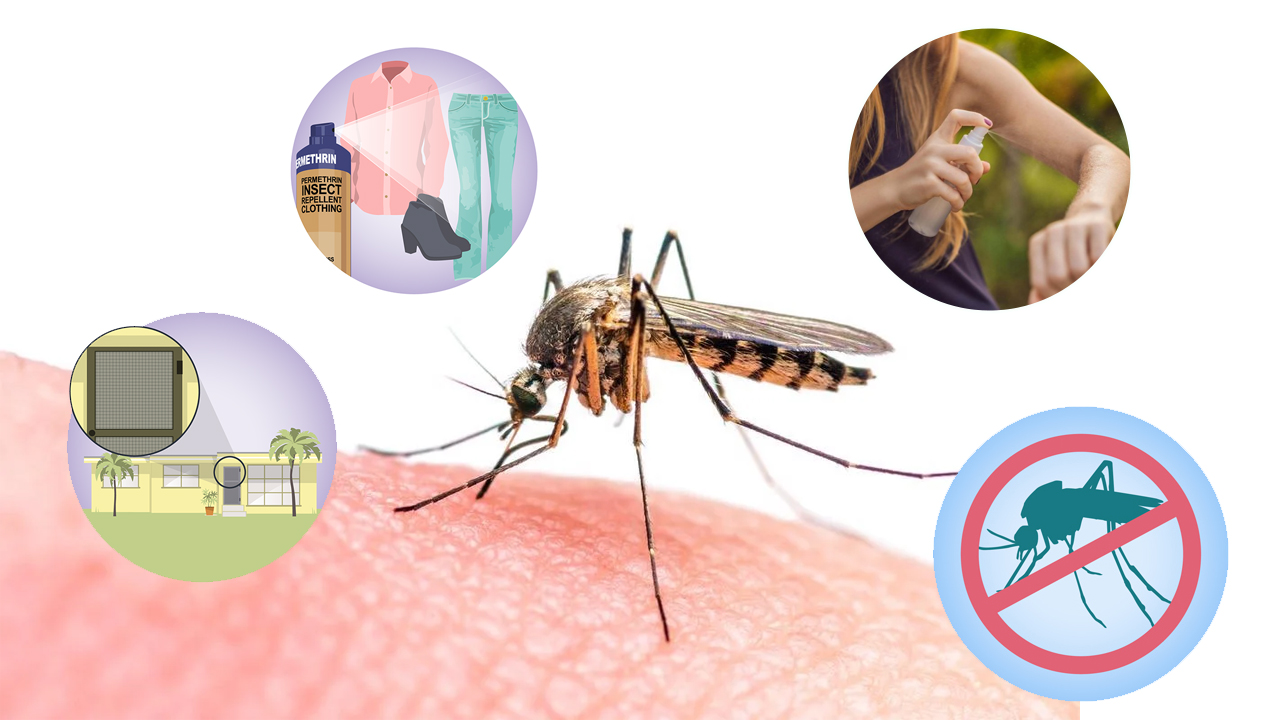The UK’s vaccine against SARS-CoV-2 shows similar safety and immunogenicity results in healthy older adults (aged 56 years and over) to those seen in adults aged 18-55 years. The promising early stage results are published in The Lancet.
The phase 2 trial finds that the vaccine causes few side effects, and induces immune responses in both parts of the immune system in all age groups and at low and standard dose – provoking a T cell response within 14 days of the first dose of vaccination (ie, a cellular immune response, it could find and attack cells infected with the virus), and an antibody response within 28 days of the booster dose of vaccination (ie, humoral immune response, it could find and attack the virus when it was circulating in the blood or lymphatic system). Phase 3 trials are ongoing to confirm these results – as well as how effective the vaccine is in protecting against infection with SARS-CoV-2 – in a broader range of people, including older adults with underlying health conditions.
Study lead author Professor Andrew Pollard, University of Oxford, UK, says: “Immune responses from vaccines are often lessened in older adults because the immune system gradually deteriorates with age, which also leaves older adults more susceptible to infections. As a result, it is crucial that COVID-19 vaccines are tested in this group who are also a priority group for immunisation.”
Co-author Dr Maheshi Ramasamy, University of Oxford, UK, adds: “The robust antibody and T-cell responses seen in older people in our study are encouraging. The populations at greatest risk of serious COVID-19 disease include people with existing health conditions and older adults. We hope that this means our vaccine will help to protect some of the most vulnerable people in society, but further research will be needed before we can be sure.”
The new study is the fifth published clinical trial of a vaccine against SARS-CoV-2 tested in an older adult population. Other COVID-19 vaccines have also been shown to generate immune responses in older adults, but it can be difficult to compare results between different studies. One study has shown similar immune responses in young and old adults (Moderna mRNA vaccine), while other trials have suggested lower measured responses in older adults, compared to younger adults receiving the same vaccine (CanSino single dose adenovirus-vector vaccine, Pfizer/BioNTech mRNA vaccine, and SinoPharm/Beijing Institute of Biological Products inactivated viral vaccine).
In the phase 2 trial published recently, 560 participants (160 aged 18-55 years, 160 aged 56-69 years, and 240 aged 70 or over) were split into 10 groups where they received either the ChAdOx1 nCoV-19 vaccine at a low or standard dose, or a control vaccine (the meningococcal conjugate vaccine). Participants aged over 55 years were also split into groups and either given a single dose of vaccine, or two doses 28 days apart.
Study recruitment occurred during a national lockdown in the UK when vulnerable individuals were advised to self-isolate. For this reason, the study includes only healthy participants and not those with co-morbidities or who are frail. Before receiving the vaccine, all participants had a blood test to determine if they had previously been infected with SARS-CoV-2. Those who had antibodies for SARS-CoV-2 were excluded, except for 18-55-year-olds in the standard dose double vaccine groups.
Following vaccination, participants were observed for a minimum of 15 minutes in case of any immediate adverse events, and participants recorded any adverse events for seven days afterwards. Participants will continue to be monitored for any serious adverse events for one year following final vaccination (the year long data are not yet available).
Participants aged 18-55 years who received two standard doses of the Oxford COVID-19 vaccine and all participants aged 56 years or over had their immune responses assessed on the day of vaccination, then 1, 2 and 4 weeks after their first and second vaccination.
Adverse reactions to the ChAdOx1 nCoV-19 vaccine were mild (the most common effects were injection-site pain and tenderness, fatigue, headache, feverishness and muscle pain), but more common than seen with the control vaccine. Thirteen serious adverse events occurred in the six months since the first dose was given, none of which were related to either study vaccine.
Adverse effects were less common in older adults than in younger adults (within seven days of one standard dose of ChAdOx1 nCoV-19, local symptoms such as temporary pain, tenderness, redness, and swelling at the site of the injection occurred in 88%, 43/49 18-55 year olds, 73%, 22/30 56-69 year olds, and 61%, 30/49 people aged 70 or over. Within 7 days of injection, systemic symptoms such as temporary fatigue, headache, malaise, feverishness, and muscle aches occurred in 86%, 42/49 18-55 year olds, 77%, 23/30 56-69 year olds, and 65%, 32/49 people aged 70 or over), and similar levels of local symptoms were seen after the first and booster doses of the Oxford COVID-19 vaccine in older adults, while there were few systemic symptoms following the booster dose.
The COVID-19 vaccine had similar immunogenicity across all age groups after a boost dose.
The ChAdOx1 nCoV-19 vaccine induced antibodies against the SARS-CoV-2 spike protein and receptor binding domain 28 days after a single low or standard dose across all age groups. Following the booster dose of the vaccine, antibody levels increased at day 56 of the trial, irrespective of dose or participant age. The same was seen with levels of neutralising antibodies at day 42, two weeks after the booster vaccine dose. By 14 days after the boost dose, 208 of 209 (more than 99%) participants (selected from participants of all ages and doses) had neutralising antibody responses.
T cell responses against the SARS-CoV-2 spike protein peaked 14 days after first vaccination, regardless of age and low or standard vaccine dose.
Co-author, Professor Sarah Gilbert, University of Oxford, UK, says: “The WHO has outlined a number of critical factors for COVID-19 vaccines, including that they must be targeted at the most at-risk groups including older adults. They must also be safe, effective in preventing disease and/or transmission, and provide at least six months of protection for people frequently exposed to the virus – such as healthcare workers. Our new study answers some of these questions about protecting older adults, but questions remain about effectiveness and length of protection, and we need to confirm our results in older adults with underlying conditions to ensure that our vaccine protects those most at risk of severe COVID-19 disease.”
The authors note some limitations to their study, including that the participants in the oldest age group had an average age of 73-74 years and few underlying health conditions, so may not be representative of the general older population, including those living in residential care settings or over 80 years of age. Larger studies are now underway to evaluate immunogenicity, safety and efficacy in older adults with a wider range of comorbidities. Lastly, the authors note that almost all participants of all ages were white and non-smokers, and may not be representative of the general population, but people from a range of backgrounds, countries and ethnicities are being included in the phase 3 trial of this vaccine.
Writing in a linked Comment, lead author Dr Melissa Andrew, Dalhousie University, Canada, who was not involved in the study, says: “It is encouraging that more studies in older adult populations are underway and will hopefully bring opportunities to implement nuanced analyses of how underlying health status and frailty affect vaccine safety, reactogenicity, immunogenicity, and efficacy in older adults in real-world settings. Older adults (across the full spectrum of frailty) and those who care about them are eagerly awaiting this progress towards safe and effective COVID-19 vaccines.”

 Older adults are at a disproportionate risk of severe COVID-19 disease, so it is essential that any vaccine adopted for use against SARS-CoV-2 is effective in this group
Older adults are at a disproportionate risk of severe COVID-19 disease, so it is essential that any vaccine adopted for use against SARS-CoV-2 is effective in this group




















.jpeg)

.jpeg)










.jpg)




.jpg)

